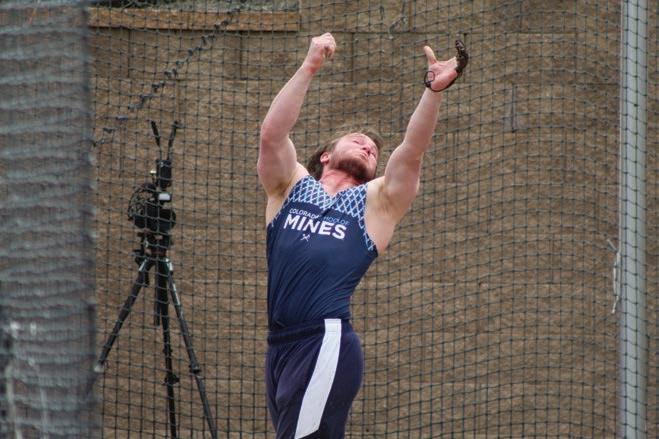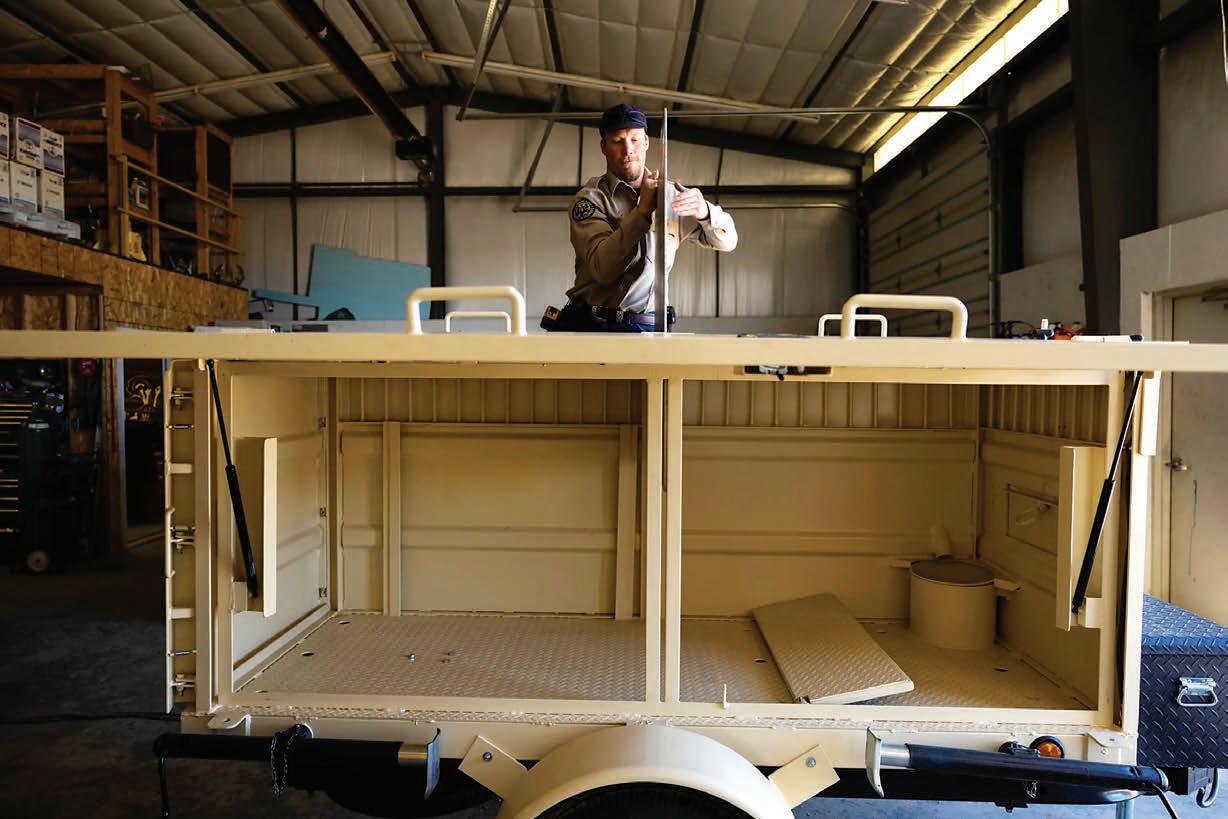
1 minute read
Ethics in Business Awards luncheon
Friday, May 5, 2023
11:30 am
Medicare stating they were limited to 25 inpatient beds and patients’ stays could not exceed 96 hours, on average.
Once the emergency ends, those exceptions will disappear.
Hospitals are trying to persuade federal officials to maintain multiple COVID-era policies beyond the emergency or work with Congress to change the law.
The way state and local public health departments monitor the spread of disease will change after the emergency ends, because the Department of Health and Human Services won’t be able to require labs to report COVID testing data.
Without a uniform, federal requirement, how states and counties track the spread of the coronavirus will vary. In addition, though hospitals will still provide COVID data to the federal government, they may do so less frequently.
Public health departments are still getting their arms around the scope of the changes, said Janet Hamilton, executive director of the Council of State and Territorial Epidemiologists.
In some ways, the end of the emergency provides public health officials an opportunity to rethink COVID surveillance. Compared with the pandemic’s early days, when at-home tests were unavailable and people relied heavily on labs to determine whether they were infected, testing data from labs now reveals less about how the virus is spreading.
Public health officials don’t think “getting all test results from all lab tests is potentially the right strategy anymore,” Hamilton said. Flu surveillance provides a potential alternative model: For influenza, public health departments seek test results from a sampling of labs.
“We’re still trying to work out what’s the best, consistent strategy. And I don’t think we have that yet,” Hamilton said.
Kaiser Health News is a national newsroom that produces in-depth journalism about health issues. Together with Policy Analysis and Polling, KHN is one of the three major operating programs at Kaiser Family Foundation. KFF is an endowed nonprofit organization providing information on health issues to the nation.
Sheraton Denver West hotel 360 Union Blvd, Lakewood
The Rotary Club of Golden has conducted the Ethics in Business Awards program since 2006. The Club solicits nominations from the public of local organizations, both for-profit and not-for-profit, and students in the Ethics class at the Colorado School of Mines select the winners.


Winners and nominees will be announced and honored at the luncheon, which is normally attended by over 200 local business and community leaders.
The keynote speaker at the luncheon will be Peter J Coors, Director of Capital Projects—Molson Coors/ Golden. The emcee is the always-popular Ed Greene.
To register for the luncheon, go to ethics.goldenrotary.org/2023-eib-award-luncheon/











